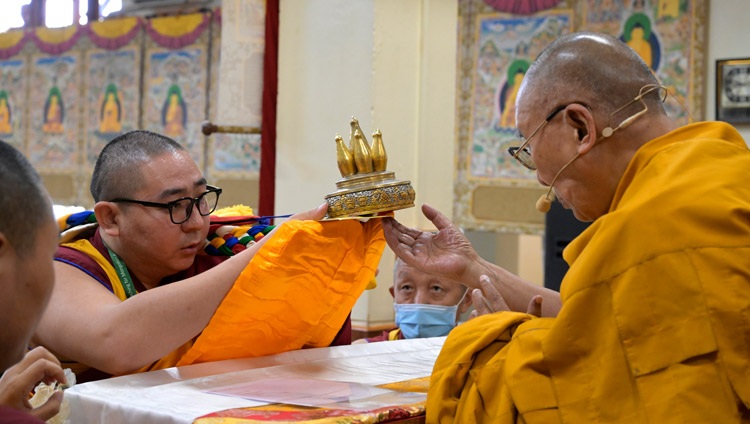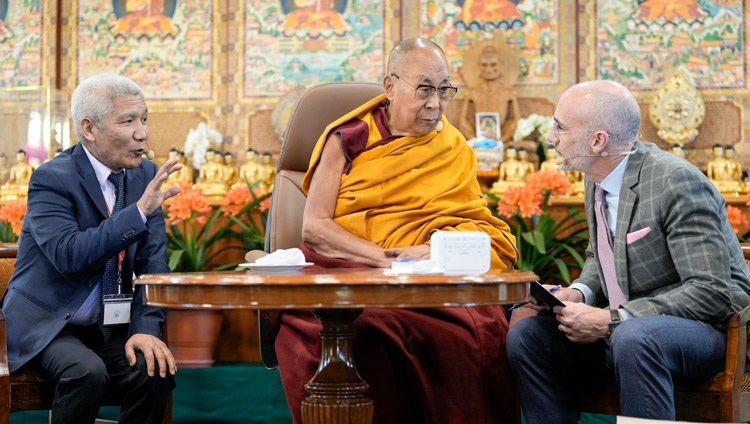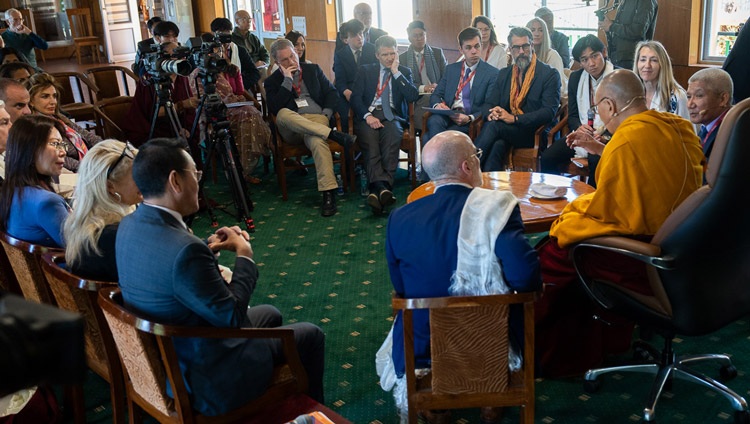7) Economic Development and Trade
Economic Development in Tibet is welcome and much needed. The Tibetan people remain one of the most economically backward regions within the PRC.
The Constitution recognises the principle that the autonomous authorities have an important role to play in the economic development of their areas in view of local characteristics and needs (Article 118 of the Constitution, also reflected in LRNA Article 25). The Constitution also recognises the principle of autonomy in the administration and management of finances (Article 117, and LRNA Article 32). At the same time, the Constitution also recognises the importance of providing State funding and assistance to the autonomous areas to accelerate development (Article 122, LRNA Article 22).
Similarly, Article 31 of the LRNA recognises the competence of autonomous areas, especially those such as Tibet, adjoining foreign countries, to conduct border trade as well as trade with foreign countries. The recognition of these principles is important to the Tibetan nationality given the region’s proximity to foreign countries with which the people have cultural, religious, ethnic and economic affinities.
The assistance rendered by the Central Government and the provinces has temporary benefits, but in the long run if the Tibetan people are not self-reliant and become dependent on others it has greater harm. Therefore, an important objective of autonomy is to make the Tibetan people economically self-reliant.
8) Public health
The Constitution enunciates the responsibility of the State to provide health and medical services (Article 21). Article 119 recognises that this is an area of responsibility of the autonomous areas. The LRNA (Article 40) also recognises the right of organs of self-government of the autonomous areas to “make independent decisions on plans for developing local medical and health services and for advancing both modern and the traditional medicine of the nationalities.”
The existing health system fails to adequately cover the needs of the rural Tibetan population. According to the principles of the above-mentioned laws, the regional autonomous organs need to have the competencies and resources to cover the health need of the entire Tibetan population. They also need the competencies to promote the traditional Tibetan medical and astro system strictly according to traditional practice.
9) Public Security
In matters of public security it is important that the majority of security personnel consist of members of the local nationality who understand and respect local customs and traditions.
What is lacking in Tibetan areas is absence of decision-making authority in the hands of local Tibetan officials.
An important aspect of autonomy and self-government is the responsibility for the internal public order and security of the autonomous areas. The Constitution (Article 120) and LRNA (Article 24) recognise the importance of local involvement and authorise autonomous areas to organise their security within “the military system of the State and practical needs and with the approval of the State Council.”





